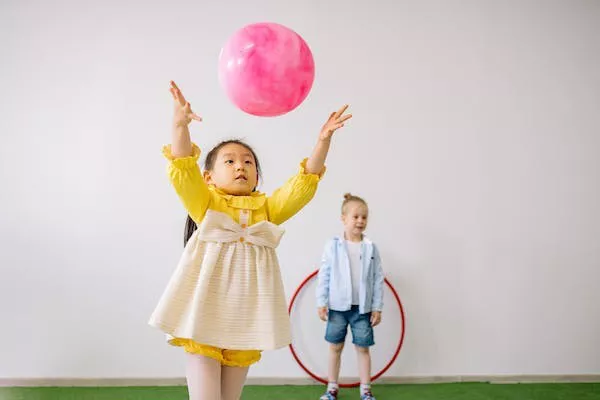In today’s globalized world, the ability to communicate in multiple languages has become increasingly valuable. Bilingualism, the proficiency in two languages, is not only a valuable skill for adults but also plays a crucial role in early childhood development. In this article, we will explore the importance of bilingualism in early childhood, focusing on its numerous benefits, including cognitive development, enhanced language acquisition, cultural awareness, and the role of bilingual education.
1. Cognitive Development
Bilingualism, when introduced in early childhood, can have a profound impact on cognitive development. Research has shown that bilingual children often exhibit advanced problem-solving skills, improved multitasking abilities, and heightened creativity. This cognitive advantage is attributed to the constant mental exercise required to switch between two languages.
A study published in the “Journal of Experimental Child Psychology” found that bilingual children outperformed their monolingual peers in tasks that required attention, inhibition, and short-term memory. This suggests that learning and using two languages from an early age can lead to cognitive advantages that last a lifetime.
Additionally, bilingualism has been linked to a delayed onset of cognitive disorders such as Alzheimer’s and dementia in later life. The constant linguistic stimulation that bilingual individuals experience may help to build cognitive reserves that protect against these conditions.
2. Enhanced Language Acquisition
Early exposure to multiple languages can significantly enhance a child’s language acquisition skills. When a child learns two languages simultaneously, they develop a deeper understanding of linguistic structures, phonetics, and vocabulary. This linguistic versatility can lead to stronger communication skills in both languages.
According to a report by the National Association for Bilingual Education, bilingual children often achieve higher levels of proficiency in their primary language, which can positively affect their academic success. The cognitive flexibility developed through bilingualism also aids in the acquisition of additional languages later in life.
Furthermore, bilingual children tend to have a better grasp of the nuances of language, allowing them to excel in areas such as writing, reading comprehension, and verbal expression.
3. Cultural Awareness
Bilingualism exposes children to different cultures and perspectives from an early age. This exposure fosters cultural awareness and empathy, enabling them to engage more effectively in an increasingly diverse world.
A study conducted by the American Council on the Teaching of Foreign Languages found that bilingual individuals tend to be more open-minded and accepting of cultural differences. They are better equipped to navigate cross-cultural interactions and are more likely to appreciate the richness of cultural diversity.
Being bilingual also promotes a sense of belonging to multiple cultural communities, allowing children to maintain strong connections to their heritage while embracing the culture of their second language.
4. Bilingual Education
Bilingual education programs have gained popularity in recent years due to the recognition of their benefits. These programs provide instruction in two languages, offering students the opportunity to become proficient in both languages while receiving a quality education.
Research conducted by the National Center for Education Statistics indicates that students in bilingual education programs often outperform their peers in standardized tests and academic achievement. This success can be attributed to the cognitive and linguistic advantages gained through bilingualism.
Bilingual education also promotes a greater sense of inclusivity, as it caters to students from diverse linguistic backgrounds, ensuring that all students have equal access to educational opportunities.
In conclusion, the importance of bilingualism in early childhood cannot be overstated. It offers numerous benefits, including enhanced cognitive development, improved language acquisition skills, cultural awareness, and the advantages of bilingual education programs. Encouraging bilingualism in early childhood not only equips children with valuable skills but also enriches their understanding of the world around them, fostering a global perspective that will serve them well throughout their lives. Therefore, parents and educators should recognize the significance of nurturing bilingualism from a young age to unlock the full potential of our future generations.


